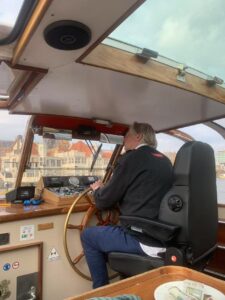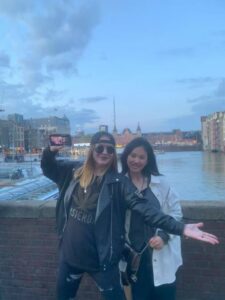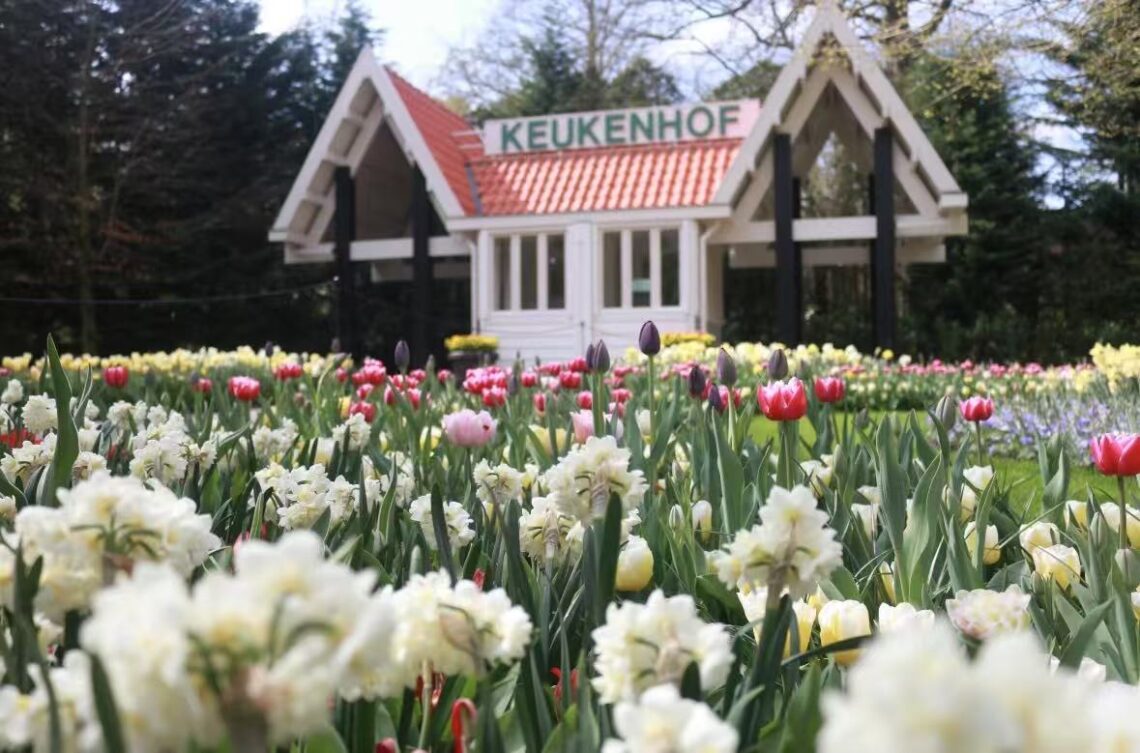A Conversation on a Brief Boat: An Intimate Encounter by Chance
When I got on the canal cruise ship in Amsterdam, there was a woman from the United States sitting beside me. At first, we talked about the scenery, but later we talked about “control” and “disappearance” in intimate relationships.
She said, “You know, sometimes I think the real enemy of intimacy is’ expectation ‘.” It makes people want to possess and no longer allows people to be mobile. I asked her, “Then what do you think is the best state of intimacy?” “Maybe it ‘s a kind of witnessing — someone witnesses you but doesn’ t disturb you,” she said.
At that moment I realized that curating is also a kind of “witnessing”. It is not about demonstrating power or capturing the audience’s attention, but about creating a space where things that are hard to grasp, such as intimacy, power and disappearance, can be gently touched once.


From the statue of passers-by to the failed exhibition hall
The three experiences of this trip – the statues in Brussels, the indifferent design of the Van Gogh Gallery, and that brief conversation on the canal – all returned to the curatorial theme I was constructing:
• Power: Who has the right to be watched? Who owns the space?
• Intimacy: Is intimacy a form of sharing or an expected role-playing?
• Ephemerality: What is worth keeping? What should be gently brushed across?
I think in my exhibition, there need to be moments of “losing control”, such as the blurriness of images, the interference of sounds, or the slightly confusing lights in the space, to truly make people aware of their position in the space and also realize that intimacy is never something that can be planned. It only occurs when you are ready to see each other, not just when you are looking at the exhibition.
You say I’m writing travelogues, but actually I’m curating an exhibition – it’s just that I’m curating a flowing relationship, an uncertain feeling. Perhaps, it shouldn’t have been curated in the first place.
References:
Bellour, Raymond. “The Analysis of Film.” In The Analysis of Film, translated by Constance Penley, 1–22. Bloomington: Indiana University Press, 2000.
Kelley, Mike. “Playing with Dead Things: On the Uncanny.” In Foul Perfection: Essays and Criticism, edited by John C. Welchman, 46–60. Cambridge, MA: MIT Press, 2003.
Foster, Hal. The Return of the Real: The Avant-Garde at the End of the Century. Cambridge, MA: MIT Press, 1996.
Bourriaud, Nicolas. Relational Aesthetics. Dijon: Les Presses du Réel, 2002.









